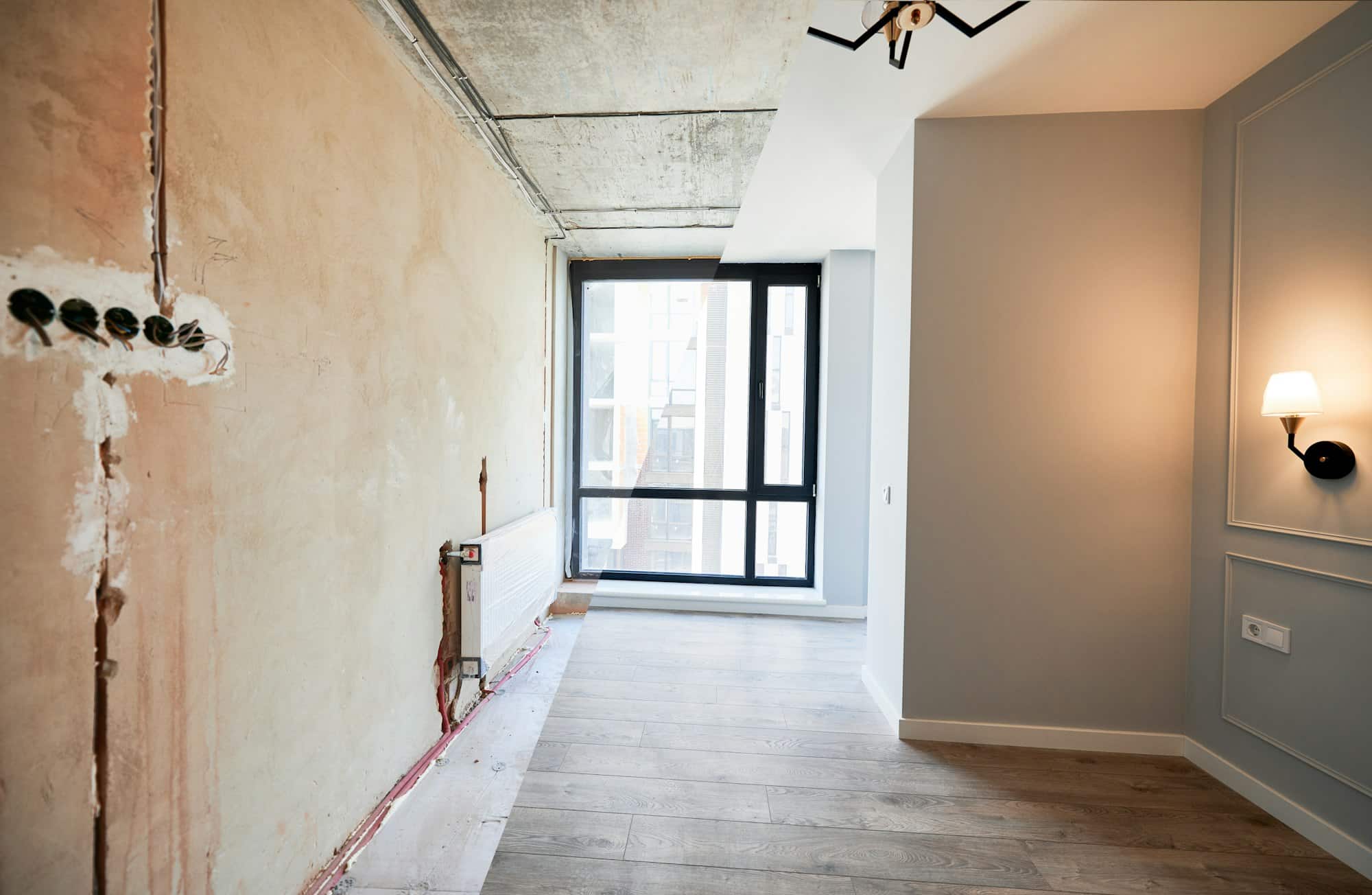Embarking on a home renovation project can be an exciting yet financially daunting task. One effective way to manage the costs is by taking out a loan. Here’s a comprehensive guide on the resources available and the right way to secure a loan for your home renovation.
Understanding Your Financing Options
Home Equity Loans
A home equity loan allows you to borrow against the equity you have built up in your home. It usually comes with a fixed interest rate and fixed monthly payments, making it easier to budget. This type of loan is ideal for large renovation projects.
Home Equity Line of Credit (HELOC)
A HELOC is a revolving line of credit secured by your home’s equity. Unlike a home equity loan, it has a variable interest rate and allows you to draw funds as needed up to a certain limit. This option is flexible and suitable for ongoing or phased renovation projects.
Personal Loans

Personal loans can be used for home renovations, especially if you don’t have significant home equity. These loans are unsecured, meaning they don’t require collateral, but they generally come with higher interest rates than home equity loans or HELOCs.
Cash-Out Refinancing
Cash-out refinancing involves replacing your existing mortgage with a new one that has a higher loan amount. The difference between the old and new mortgage amounts is given to you in cash, which you can use for renovations. This option can offer lower interest rates compared to personal loans.
Government Loans
Certain government programs offer loans for home improvements. For instance, the FHA 203(k) loan is designed for homeowners looking to finance both the purchase and renovation of a home. VA renovation loans are available for veterans and military members.
Steps to Secure a Loan for Your Renovation
Assess Your Financial Situation
Before applying for a loan, evaluate your financial situation. Check your credit score, calculate your debt-to-income ratio, and ensure you have a stable income. Lenders will consider these factors when determining your loan eligibility and interest rates.
Determine the Renovation Costs

Create a detailed budget for your renovation project. Get estimates from contractors, and include costs for materials, labor, permits, and any unforeseen expenses. Having a clear understanding of the total cost will help you determine how much you need to borrow.
Shop Around for Lenders
Don’t settle for the first loan offer you receive. Shop around and compare loan options from different lenders, including banks, credit unions, and online lenders. Pay attention to interest rates, loan terms, fees, and repayment options.
Gather Required Documentation
Lenders will require various documents during the loan application process, such as proof of income, tax returns, bank statements, and details about your renovation plans. Having these documents ready will speed up the application process.
Apply for the Loan
Submit your loan application with all the required documentation. Be prepared to answer any questions the lender might have about your financial situation and renovation plans. Once approved, carefully review the loan terms before signing.
Use the Funds Wisely
Once you receive the loan funds, use them strictly for your renovation project. Keep track of your expenses and ensure you stay within your budget to avoid financial strain.
Tips for a Successful Loan Process

- Maintain a Good Credit Score: A higher credit score can help you secure better loan terms and lower interest rates.
- Consider Loan Terms Carefully: Choose a loan term that fits your financial situation. While longer terms mean lower monthly payments, they also result in higher overall interest costs.
- Plan for Unforeseen Expenses: Set aside a contingency fund for unexpected costs that may arise during the renovation.
- Seek Professional Advice: Consult with a financial advisor or loan officer to understand your options and make informed decisions.
Conclusion
Taking out a loan for a home renovation can be a smart financial move if done correctly. By understanding your financing options, assessing your financial situation, and following a careful application process, you can secure the funds needed to transform your home without unnecessary financial stress.








